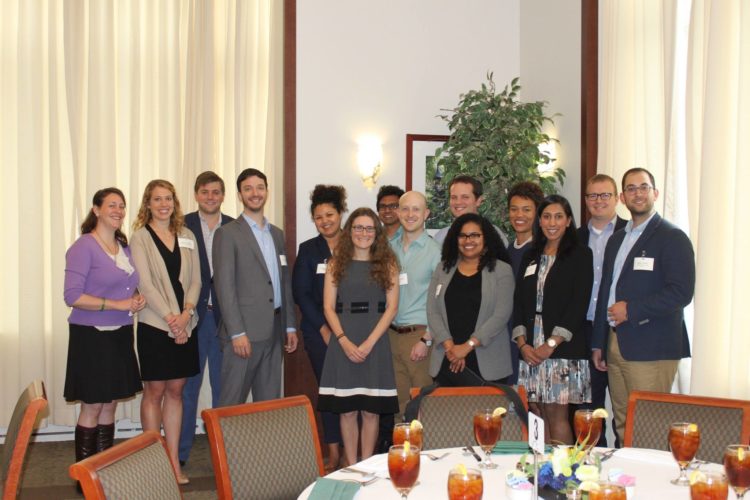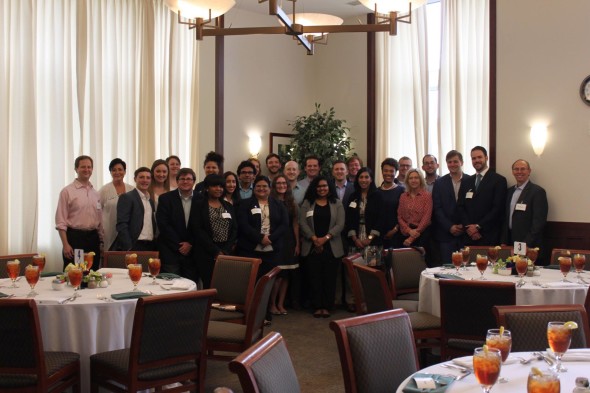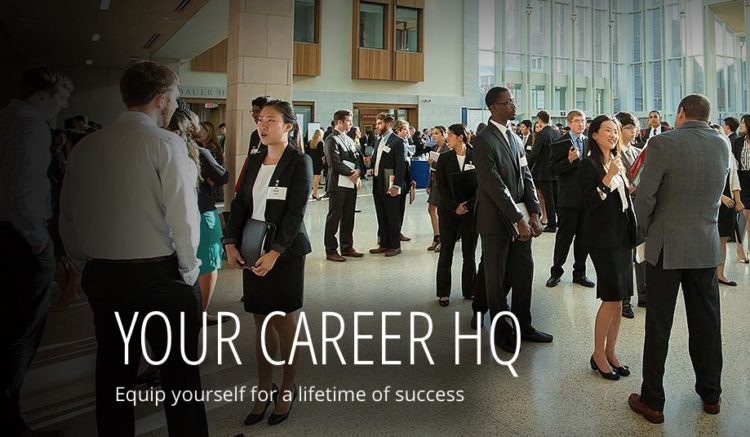Sometimes the most difficult interview questions are very unexpected, designed to test the candidate’s ability to think on his or her feet and innovate. Don’t be surprised if you get a seemingly off-the-wall brainteaser, like “How many ping pong balls can fit inside the Olin atrium?”
Demonstrate your confidence and ease with ambiguity by being prepared. Most interviewers are really trying to gain information to assess: (1) can the candidate do the job; and, (2) does the candidate fit your culture and organization. These are not trick questions.
Also, being well-read on current events (i.e., read The Wall Street Journal daily) will provide context for small talk, or even help to articulate a business point of view based on current events.
Let’s explore specific questions that often surprise a candidate, or could make one uneasy but requires fortitude and confidence:
A few tips for replying to tough interview questions:
“Tell me about yourself.”
A common opener, this broad question can “throw” many interviewees. It is, in fact, a “sell-me” invitation. Develop a brief summation of your background leading into your interest and desire to work for the organization, as well as your qualifications for the position.
“Why should we hire you?”
From your research, you should know the qualifications for the job. From your own self-analysis, you will have gained insight into your strengths and accomplishments. Mention key functions of the job and discuss your skills in relation to these functions. Use experiences from previous jobs, internships, and activities as examples to support your answer.
“What are your long-range goals?”
In your company research, determine what position you could reasonably reach in five years. Speak to others who have successfully advanced themselves in the organization or profession. Express your desire and capability to grow within the organization. While you may be unsure of your future plans, demonstrate your knowledge of potential career paths.
“What is your greatest weakness?”
Everyone has weaknesses, but remember not to answer in a negative way. Turn your weakness into a positive. For example: “Because I tend to procrastinate, I have learned to work well under pressure and to always get work done on time.”
“Tell me about your schooling.”
The key to this question is to keep your reply positive. Speak well of Washington University and any other schools you’ve attended. You are a product of your schools’ educational programs. Be prepared to address questions about low grades, changes of major, favorite classes, etc.
Guest blogger: Karen Heise, Interim Director, Weston Career Center
Could you use the support of the Weston Career Center or Management Communication Center? Schedule an appointment today.









